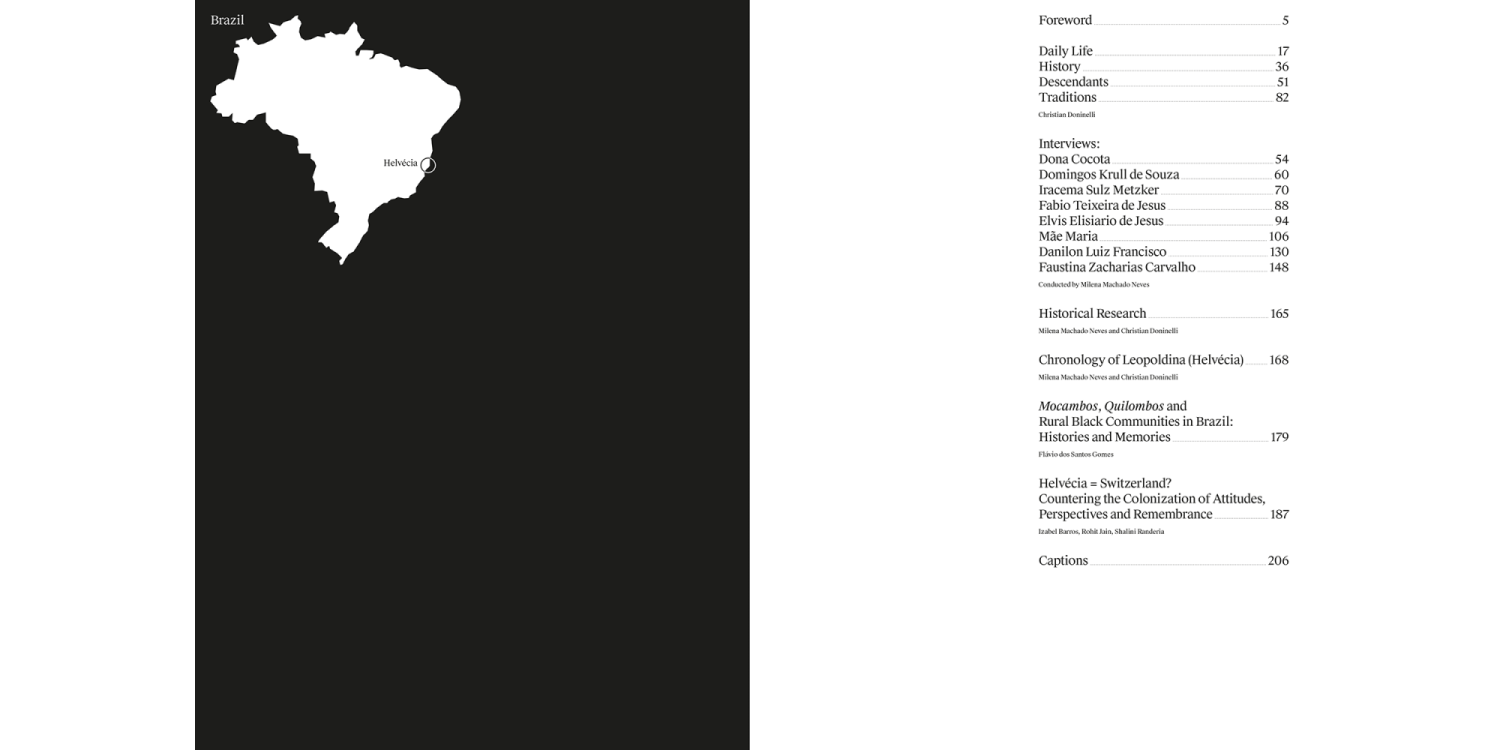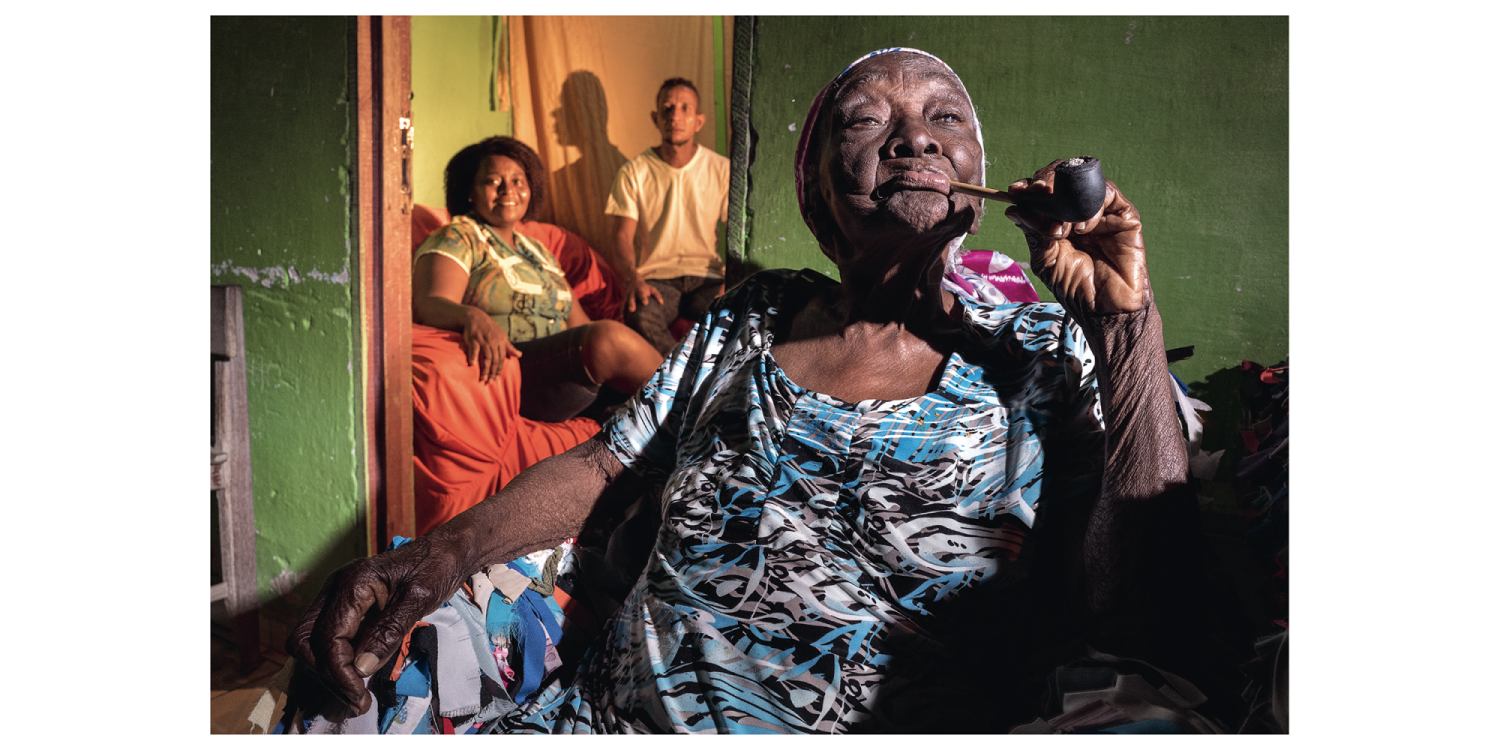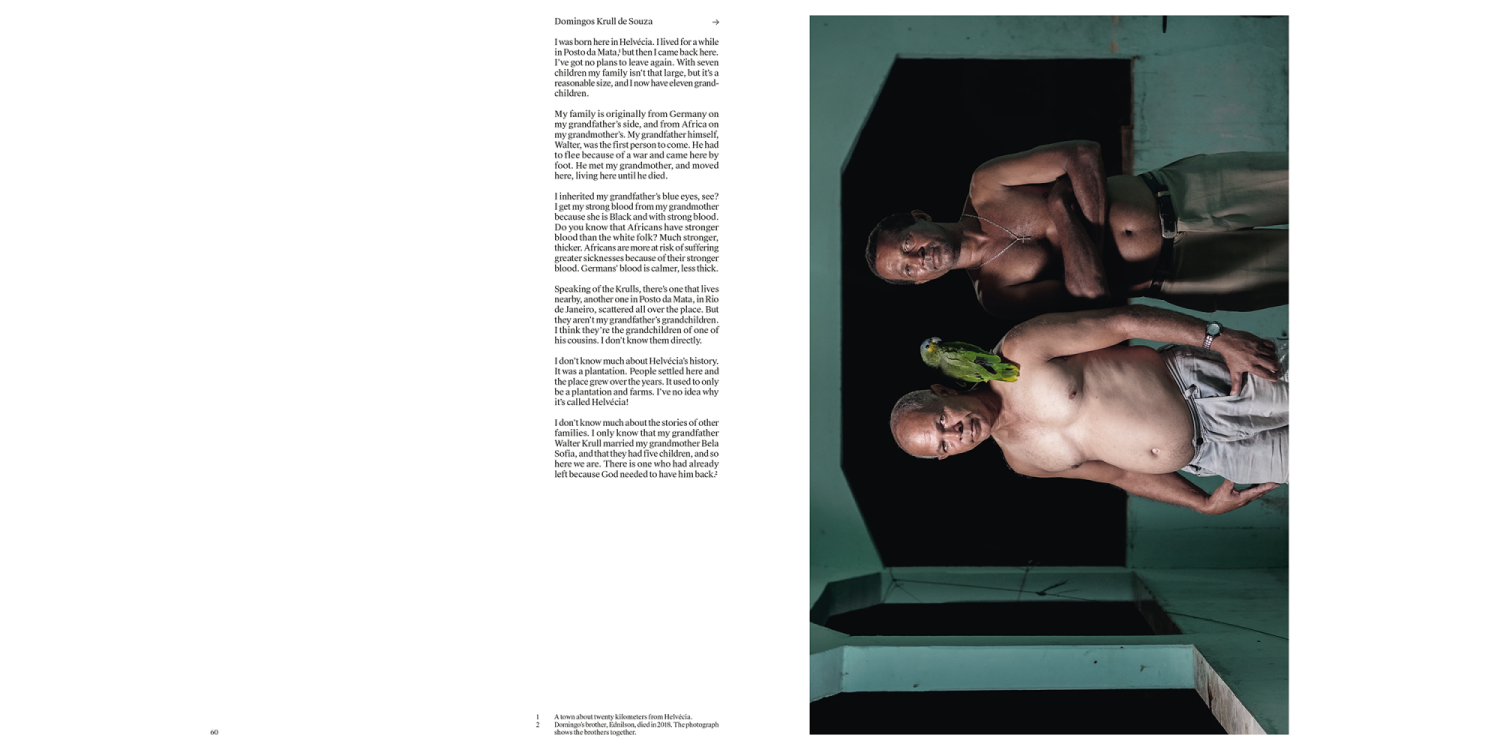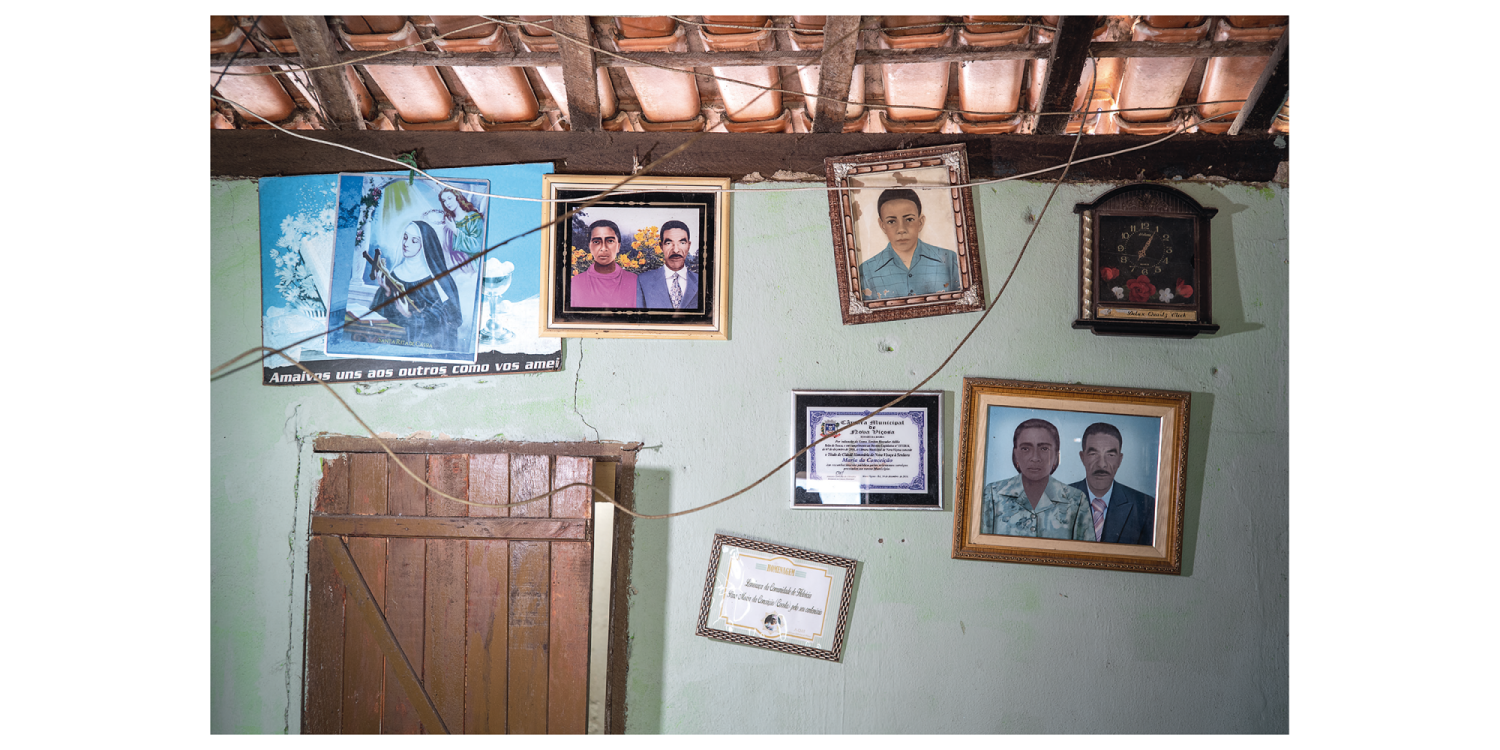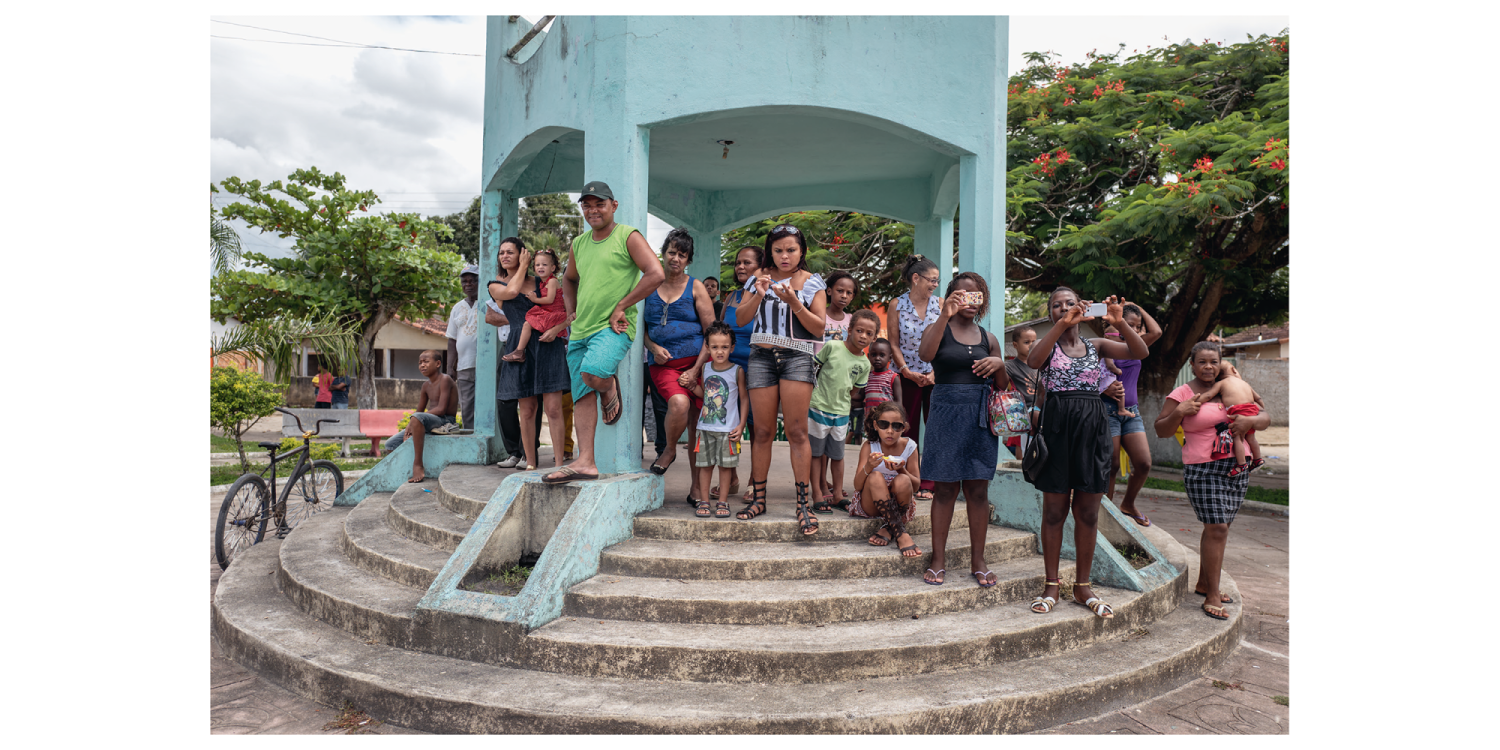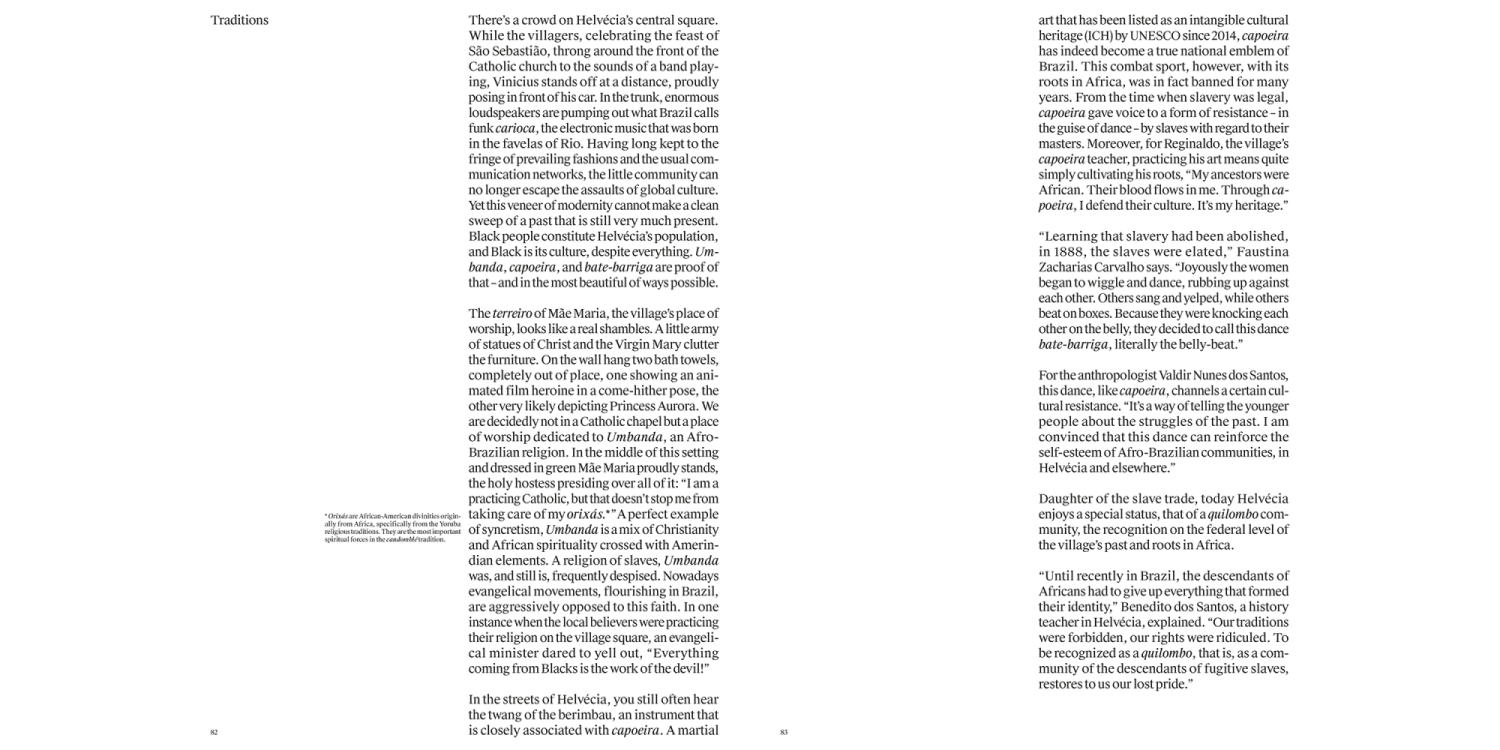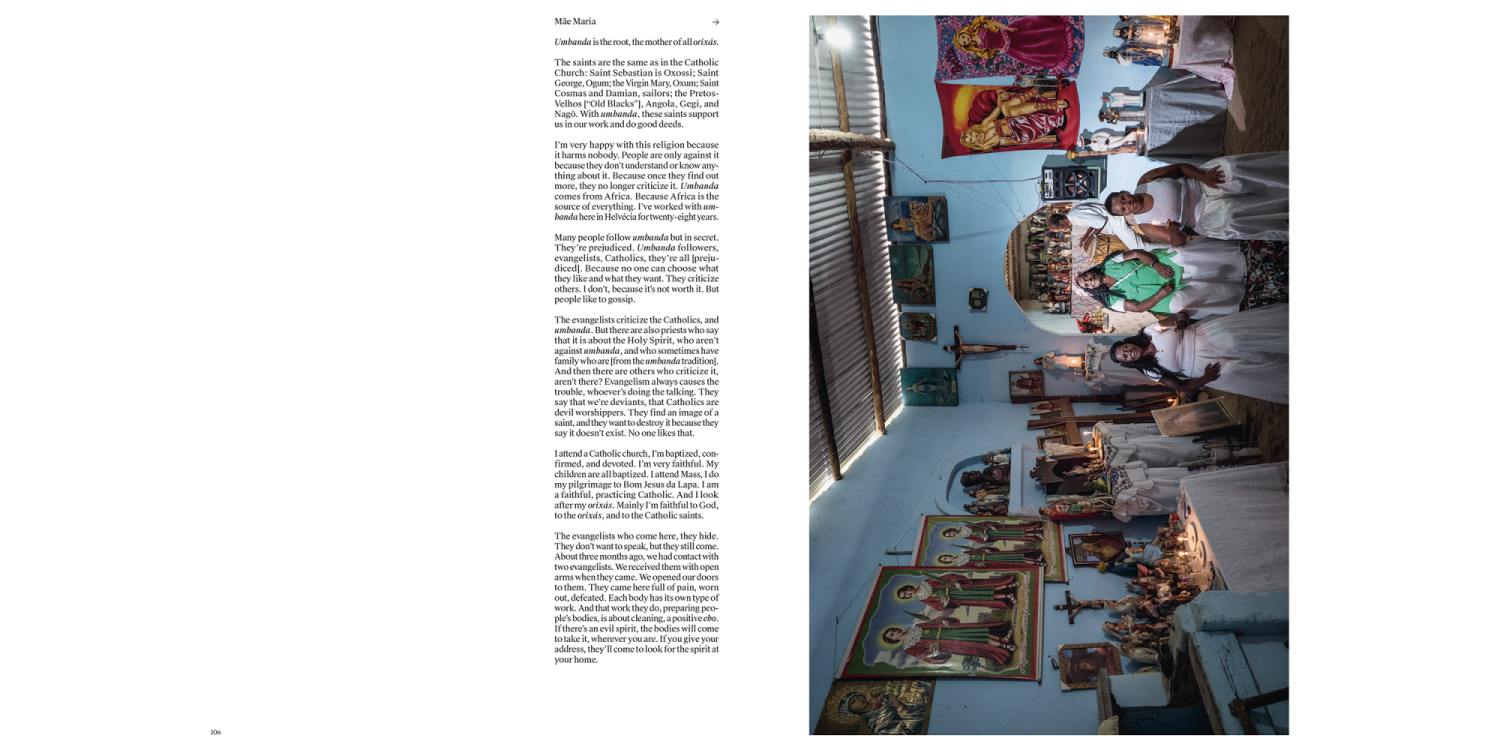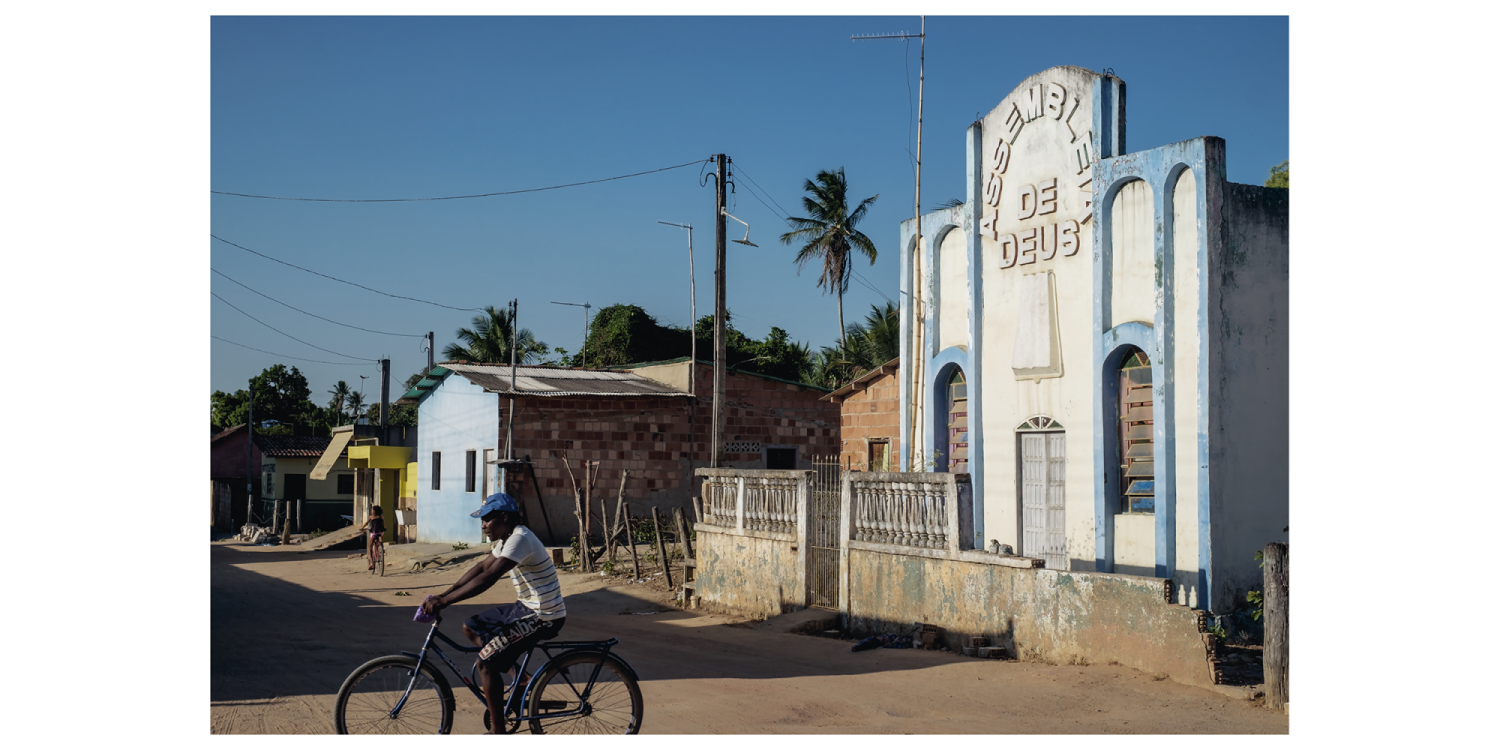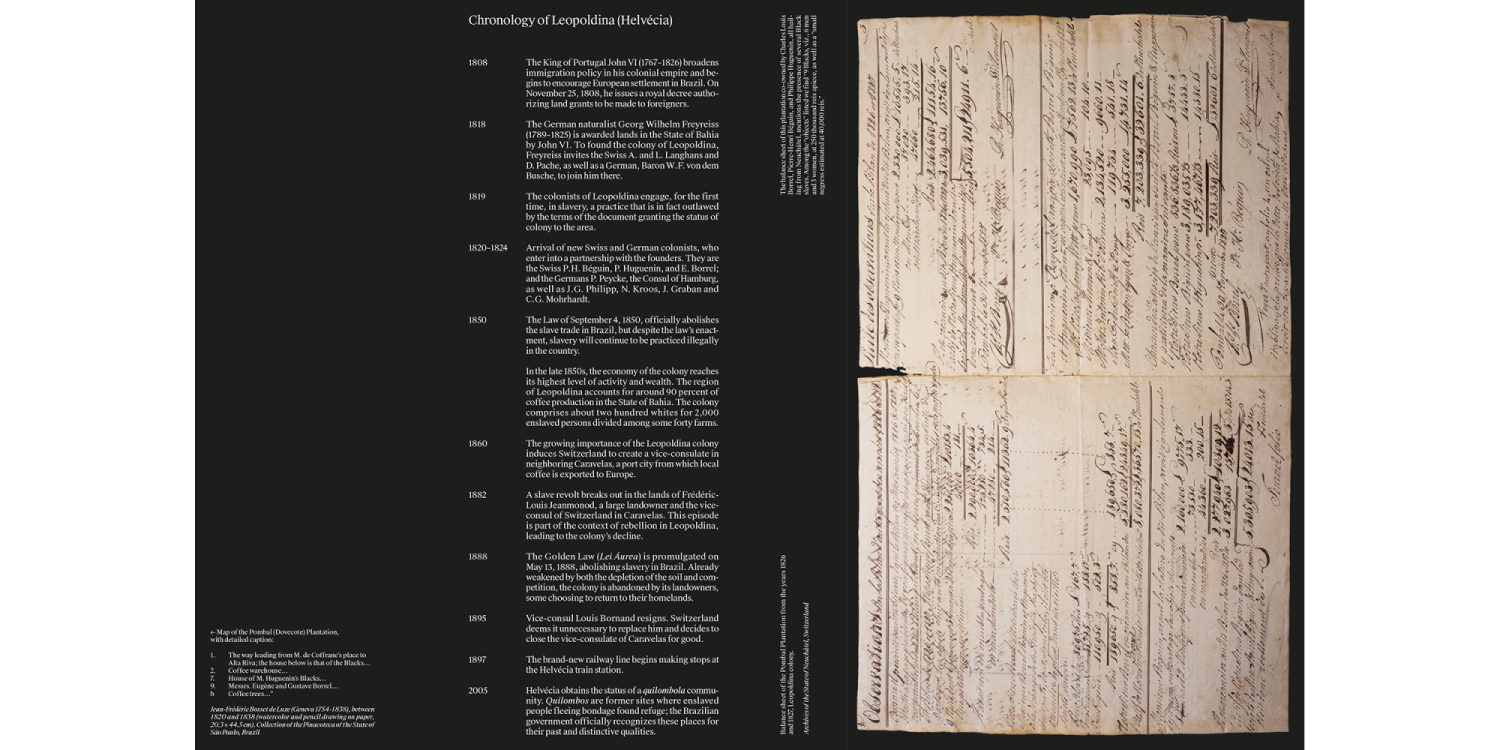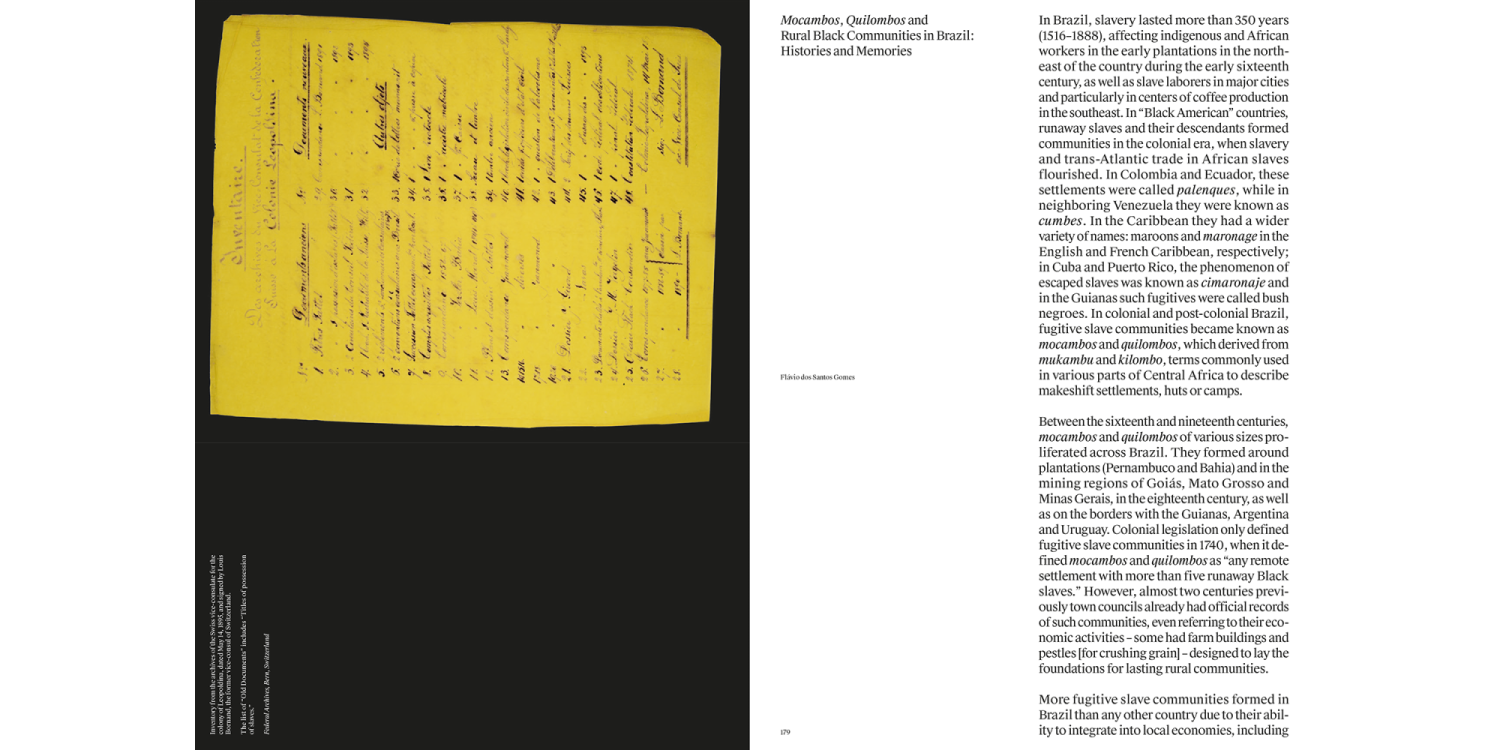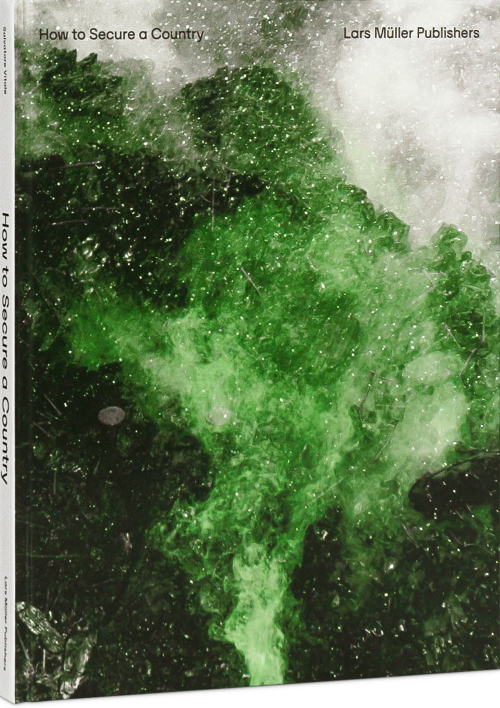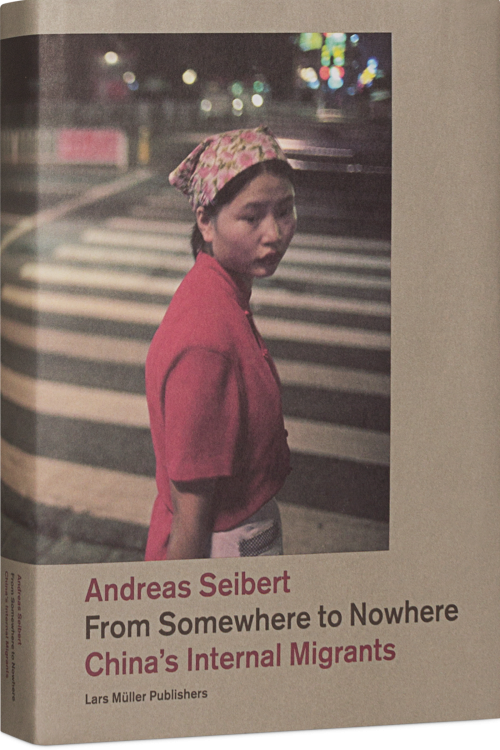
Helvécia
A Swiss Colonial History in Brazil
Helvécia, a Black village community in the southern part of the Brazilian state of Bahia, owes its name to the plantation from which it originated. It was founded in 1818 by Swiss and German settlers, and the coffee grown on its vast estates brought them great wealth. This would not have been possible without exploitation: in the mid-19th century, for every 200 white settlers, there were 2,000 slaves of African origin. With great sensitivity and in dialogue with the inhabitants, Swiss-Brasilian photographer Dom Smaz searched Helvécia for traces of the past. His compelling images capture the vibrant village and the life of its inhabitants while essays explain the historical circumstances. The resulting photobook encourages a postcolonial examination of the global interdependencies and power structures involved, which extend into the present and are ultimately a source of European prosperity.
Helvécia, a Black village community in the southern part of the Brazilian state of Bahia, owes its name to the plantation from which it originated. It was founded in 1818 by Swiss and German settlers, and the coffee grown on its vast estates brought them great wealth. This would not have been possible without exploitation: in the mid-19th century, for every 200 white settlers, there were 2,000 slaves of African origin. With great sensitivity and in dialogue with the inhabitants, Swiss-Brasilian photographer Dom Smaz searched Helvécia for traces of the past. His compelling images capture the vibrant village and the life of its inhabitants while essays explain the historical circumstances. The resulting photobook encourages a postcolonial examination of the global interdependencies and power structures involved, which extend into the present and are ultimately a source of European prosperity.
